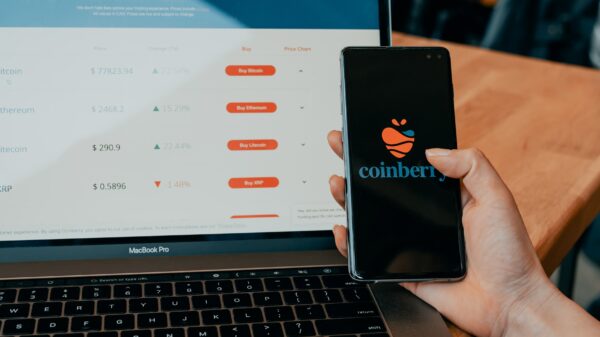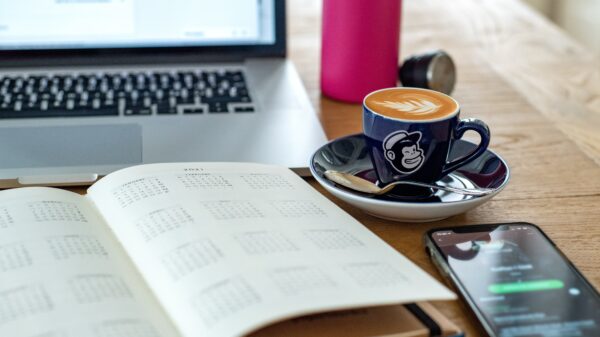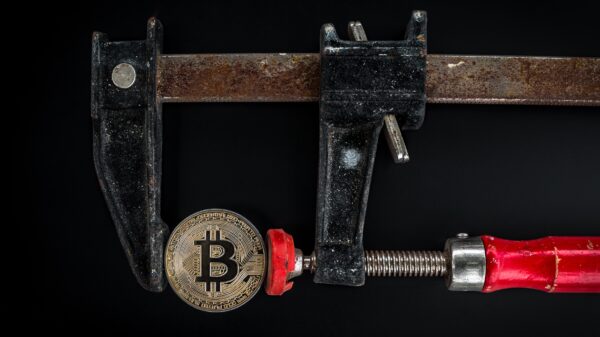
In today’s digital age, there seems to be an app for everything. From tracking your fitness goals to ordering food delivery with just a few taps on your smartphone, it’s no surprise that budgeting apps have become increasingly popular in recent years. But are these financial tools really worth the hype? In this blog post, we’ll dive into the pros and cons of using budgeting apps so you can determine if they’re right for you. Whether you’re a seasoned saver or just starting out on your financial journey, read on to find out if budgeting apps are a valuable addition to your money management toolkit.
Introduction to Budgeting Apps
Budgeting apps can be a helpful tool for managing your finances, but there are also some potential downsides to consider before you decide whether or not to use one. Below, we’ll go over some of the pros and cons of budgeting apps so you can make an informed decision about whether or not they’re right for you.
PROS:
1. Budgeting apps can help you become more disciplined with your spending.
2. They can help you track your progress towards financial goals and stay on top of your budget.
3. Some budgeting apps offer features like cash-back rewards and bill pay reminders, which can further help you save money and stay on top of your finances.
CONS:
1. There is a risk that you could become too reliant on your budgeting app and neglect other important aspects of financial planning (like creating a long-term savings plan).
2. If you don’t use the app regularly, it won’t do you much good. You need to be diligent about tracking your spending and updating your budget in order for it to be effective.
3. Budgeting apps generally require a monthly subscription fee, which could add up over time if you’re not careful
Benefits of Using Budgeting Apps
There are many benefits to using budgeting apps to help manage your finances. Perhaps the most obvious benefit is that it can help you save money. By tracking your spending and setting budgets, you can see where your money is going and make adjustments to ensure that you are spending within your means.
Another benefit of using budgeting apps is that they can help you keep track of your progress towards financial goals. This feature can be especially helpful if you are working towards paying off debt or saving for a major purchase. Seeing your progress over time can help keep you motivated to stick to your plan.
Many budgeting apps offer additional features that can help you further improve your financial situation. For example, some apps allow you to connect to your bank account so that transactions are automatically tracked. Others provide tips and advice on how to better manage your money. With so many helpful features available, budgeting apps can be a great tool for anyone looking to get their finances in order.

Potential Drawbacks of Using Budgeting Apps
There are a few potential drawbacks to using budgeting apps that you should be aware of before deciding if they’re right for you. First, if you have a tendency to overspend, a budgeting app may not be the best solution. The app can help you track your spending and stay within your budget, but it won’t stop you from overspending if that’s what you’re determined to do.
Another potential drawback is that some budgeting apps require a subscription fee. While there are many free options available, some of the more sophisticated apps come with a monthly or annual fee. If you’re not careful, these fees can add up and negate any savings you might have achieved by using the app.
Some people find budgeting apps to be too complicated or time-consuming. If you’re not comfortable using technology, or if you prefer a simpler approach to budgeting, an app may not be the right solution for you.
How to Choose the Right App for You
There are a lot of budgeting apps out there, so how do you know which one is right for you? Here are a few things to consider when choosing a budgeting app:
1. Ease of use – You want an app that is easy to use and understand. Otherwise, you’ll likely give up on using it pretty quickly.
2. Features – What kind of features does the app have? Does it allow you to track your spending, set goals, and more?
3. Price – Some budgeting apps are free, while others come with a monthly or yearly subscription fee. Choose an app that fits your budget.
4. Compatibility – Make sure the app is compatible with your smartphone or other devices.
5. Customer support – If you have any problems with the app, you’ll want to be able to get help from customer support.
What Are the Most Popular Apps?
The most popular budgeting apps are Mint, You Need a Budget (YNAB), and EveryDollar. They all have their pros and cons, so it’s important to figure out which one is right for you.
Mint is a free app that gives you a complete picture of your finances. It pulls in data from your bank accounts, credit cards, investments, and loans to give you an up-to-date view of your money. Mint also provides helpful insights and tips to help you stay on track.
YNAB is a paid app that costs $11.99 per month or $84 per year. It’s designed to help you get out of debt and save money by giving you complete control over your spending. YNAB also offers support from real people if you need help getting started or staying on track.
EveryDollar is another paid app, but it only costs $9 per month or $99 per year. It’s similar to Mint in that it gives you an overview of your finances, but it doesn’t offer as many features or insights. However, EveryDollar does have a feature that lets you connect with a financial advisor if you need help making decisions about your money.
Real Life Experiences with Different Apps
There are many budgeting apps available on the market, each with its own set of features and benefits. But what do real users have to say about them? We’ve rounded up some reviews from real people who have used different budgeting apps to help you decide if one is right for you.
YNAB: “I was a little hesitant to try YNAB at first, but I’m so glad I did! It’s helped me get my finances under control and has saved me a lot of money. The app is easy to use and the customer service is excellent.”
Mint: “I’ve been using Mint for a few years now and it’s been a great help in keeping my finances organized. I love that I can see all my accounts in one place and track my spending over time. The only downside is that it can be a bit overwhelming to keep track of everything.”
Pocketguard: “I recently started using Pocketguard and I’m really liking it so far. It’s easy to use and helps me stay on top of my spending. I also like that I can set up goals and track my progress.”
Conclusion
Budgeting apps can be a great tool for tracking your finances and staying on top of your spending. However, it is important to remember that there are pros and cons to using them. There may be extra costs associated with some services and the convenience does come at a cost in terms of privacy. Ultimately, it comes down to each individual’s needs and preferences when deciding whether budgeting apps are worth investing in or not. By weighing up both the positives and negatives, you will have more clarity about how budgeting apps might benefit you specifically.







